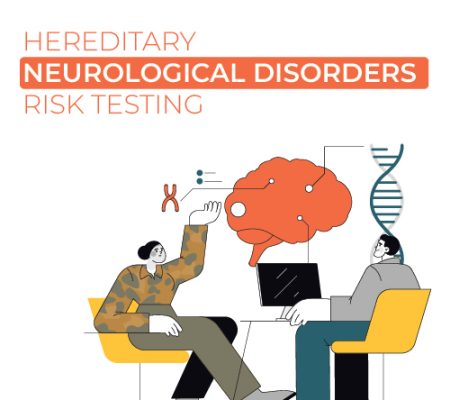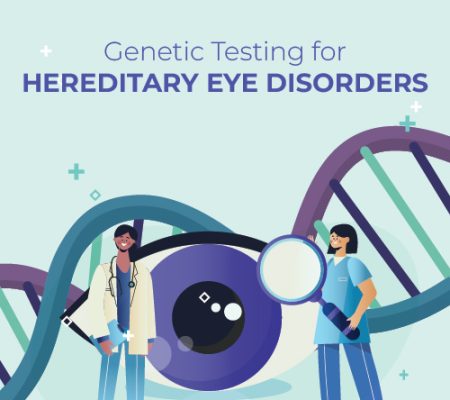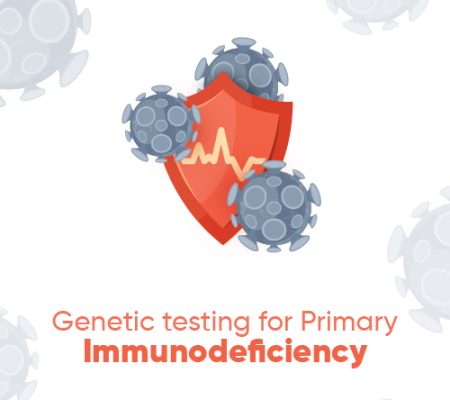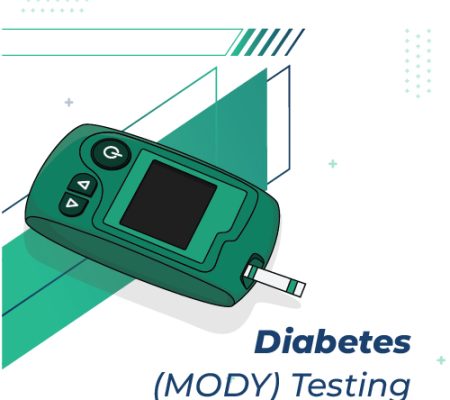
Hereditary Metabolic Disorders Risk Panel
The Hereditary Metabolic Disorders Risk Panel is a diagnostic genetic test designed to identify inherited metabolic disorders that affect the body’s ability to process certain substances. These disorders, caused by mutations in specific genes, can disrupt metabolic pathways, leading to symptoms like developmental delays, organ dysfunction, or life-threatening complications. The panel screens for a wide range of conditions, including amino acid, carbohydrate, and lipid metabolism disorders. Early detection allows for timely interventions, such as dietary modifications, enzyme replacement therapies, or other treatments, improving patient outcomes. It is especially beneficial for newborn screening, family planning, and individuals with a family history of such conditions.
Hereditary ENT Disorders Risk Panel
The Hereditary ENT Disorders Risk Panel is a genetic test designed to identify inherited mutations associated with ear, nose, and throat (ENT) disorders. It evaluates genes linked to conditions such as hearing loss, otosclerosis, vestibular disorders, and other ENT-related anomalies. By analyzing DNA, the panel helps assess an individual’s risk of developing these disorders or passing them to offspring. This test is valuable for early diagnosis, personalized treatment planning, and guiding preventative measures. It is especially useful for individuals with a family history of ENT disorders or unexplained symptoms, supporting improved health outcomes through tailored medical care.


Hereditary Neurological Disorders Risk Panel
Hereditary Eye Disorders Risk Panel
The Hereditary Eye Disorders Risk Panel is a genetic test designed to identify mutations associated with inherited eye disorders. It analyzes multiple genes linked to conditions such as glaucoma, macular degeneration, retinitis pigmentosa, cataracts, and other vision-related diseases. This panel helps assess an individual’s risk of developing these conditions, providing valuable insights for early detection, prevention, and personalized treatment strategies. Often recommended for individuals with a family history of eye disorders, the test can guide ophthalmologists and genetic counselors in creating tailored care plans. It promotes better outcomes by enabling timely interventions and preserving eye health.


Thyroid Genetic Testing
Primary Immunodeficiency
Primary Immunodeficiency (PI) refers to a group of over 400 genetic disorders characterized by defects in the immune system, making individuals more susceptible to infections, autoimmune diseases, and cancers. These disorders arise from abnormalities in immune cells or proteins, such as antibodies. Symptoms vary widely and may include recurrent infections, slow recovery, or unusual infection severity. Diagnosis often involves genetic testing and immune function assessments. Treatment depends on the specific condition and may include immunoglobulin replacement therapy, antibiotics, or hematopoietic stem cell transplantation. Early diagnosis and tailored management are crucial to improving the quality of life for individuals with PI.


Cardio-pulmonary Combined Genetic Testing
CancerGenomics (CGx)
Cancer Genomics (CGx) focuses on studying genetic mutations, alterations, and variations that drive cancer development and progression. By analyzing the DNA of cancer cells, CGx identifies genetic markers that can inform diagnosis, prognosis, and treatment strategies. Advances in CGx enable personalized medicine, where therapies target specific mutations, improving outcomes and minimizing side effects. Technologies like next-generation sequencing (NGS) allow comprehensive profiling of tumor genomes, uncovering actionable insights for therapies such as immunotherapy and targeted drugs. CGx also aids in identifying hereditary cancer risks, enabling early detection and prevention. This rapidly evolving field is transforming cancer care through precision and innovation.


Pharmacogenomics (PGx)
Diabetes Genetics & Diabetes Predict
Diabetes Genetics focuses on understanding how inherited genetic variations contribute to the risk of developing diabetes, including both type 1 and type 2. Type 1 diabetes is linked to immune system-related genes, while type 2 diabetes is associated with genes regulating insulin production, glucose metabolism, and obesity. Modern technologies, like genome-wide association studies (GWAS), identify specific genetic markers increasing susceptibility. Diabetes prediction combines genetic data with lifestyle and environmental factors to assess individual risks. Early identification enables targeted interventions, such as lifestyle modifications and personalized medicine, to prevent or delay the disease’s onset, improving patient outcomes and healthcare management.

